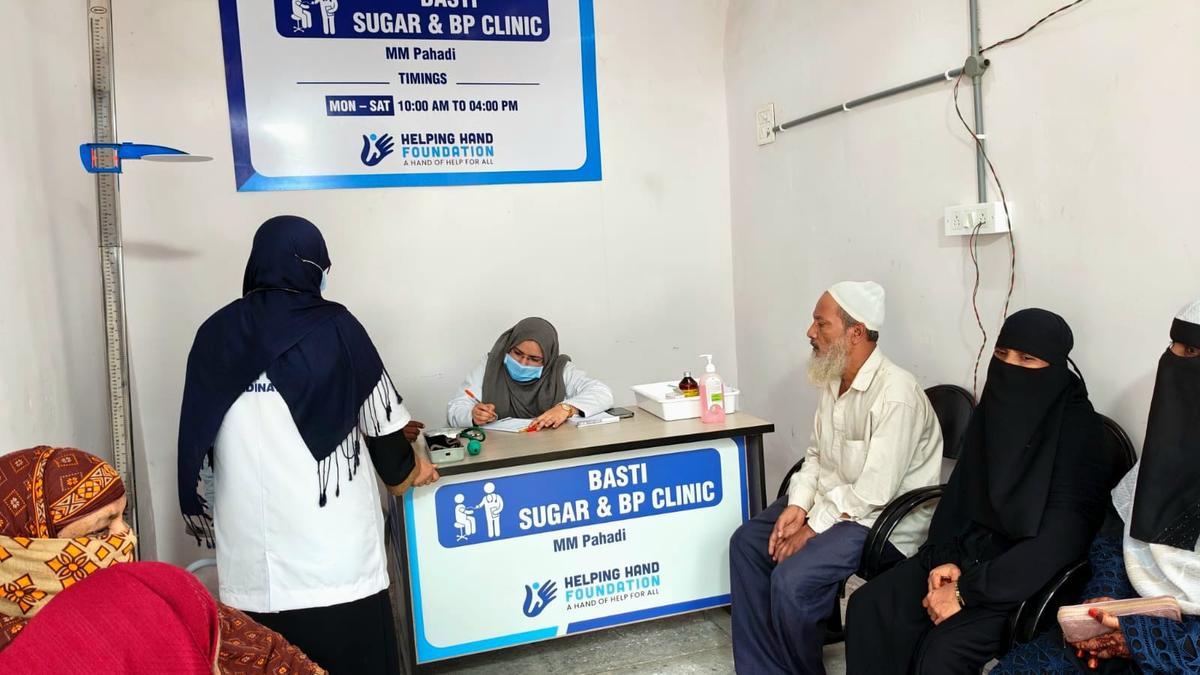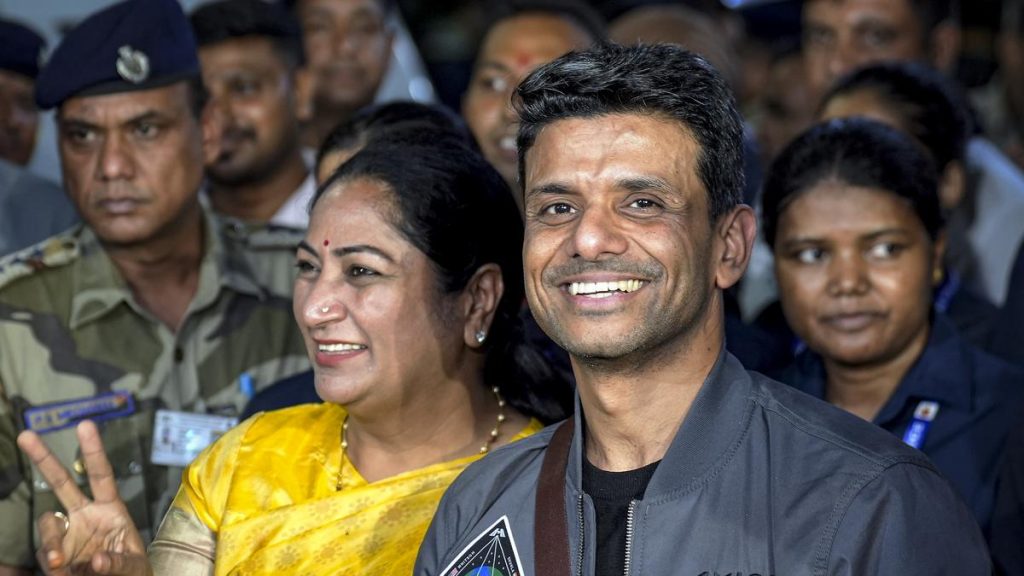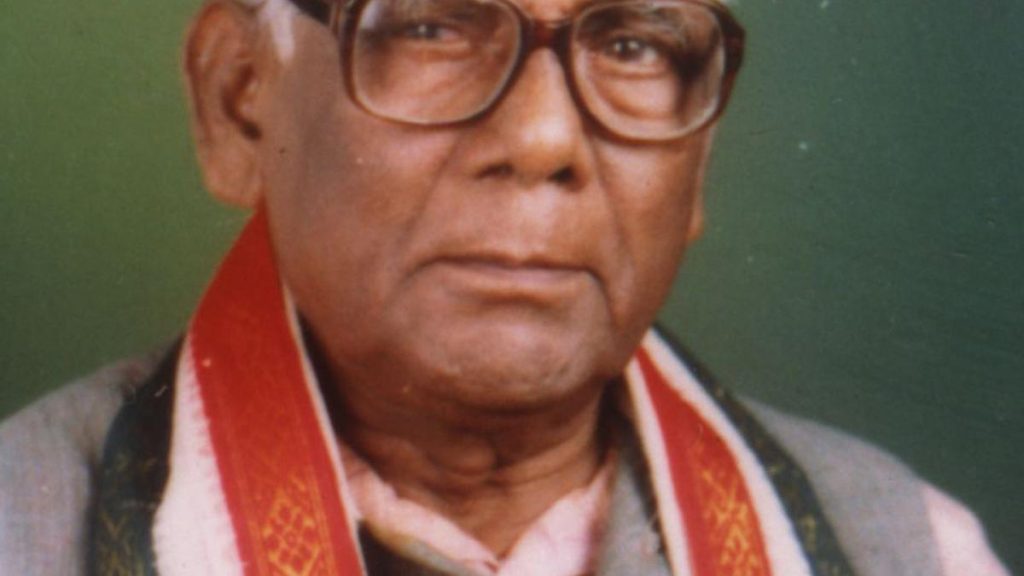Now Reading: Hyderabad NGO Implements Tamil Nadu’s Doorstep NCD Care in Slums
-
01
Hyderabad NGO Implements Tamil Nadu’s Doorstep NCD Care in Slums
Hyderabad NGO Implements Tamil Nadu’s Doorstep NCD Care in Slums

Speedy Summary
- Launch of New Program: Hyderabad-based Helping Hand Foundation (HHF) has initiated a community health outreach programme inspired by Tamil Nadu’s Makkalai Thedi Maruthuvam scheme.
- Focus Areas: the project targets vulnerable residents in Rajendranagar mandal, operating through three new Non-Communicable Disease (NCD) sub-centres located in Mir mahamod Pahadi Colony, Suleman Nagar, and Chintalmet.These areas house around 65,000-70,000 people from low-income households.
- Healthcare Workforce: Each sub-center includes a doctor, nurse, and 3-4 Community Health Workers (CHWs), covering 200-250 households each.
- Services Provided: Door-to-door screening for diabetes, hypertension, and BMI; follow-ups on lifestyle modification and medication adherence; referrals to government hospitals for complications.
- Health Challenges Observed:
– Analysis of 12,000 urban patient records showed that travel expenses deter individuals from visiting public health centres; around 50% were irregular with treatments.
– Preliminary survey results of 500 residents found that:
– 41% had NCDs (43% diabetes | 30% hypertension | Others include thyroid disorders & coronary artery disease).
– Nearly 60% of diabetes or hypertension cases were uncontrolled.
– High rates of obesity (38%) with comorbidities such as diabetes and hypertension prevalent among two-thirds.
- Expanded Screenings: Regular screenings will extend beyond basic NCD management to include eye health issues (with free spectacles & cataract surgeries), oral diseases, kidney conditions, dementia screenings, cancers (breast/cervix/oral cavity), among others-all provided at no cost.
Indian Opinion Analysis
The Helping Hand Foundation’s initiative addresses critical lapses in healthcare accessibility for underserved populations around hyderabad’s Rajendranagar mandal.By bringing essential Non-Communicable Disease services directly to doorsteps via trained community workers and integrating early detection with free treatments for several high-risk conditions like diabetes and hypertension along with other ailments including cancer prevention-it represents a practical solution aimed at improving public health outcomes.
The preliminary data underscores systemic challenges such as high rates of NCD prevalence alongside poor treatment adherence resulting from logistical barriers. Such focused interventions could substantially alleviate healthcare inequities while reducing the burden on tertiary care hospitals due to early-stage disease management within the community itself.
Scaling this approach further may model an effective blueprint adaptable across other socio-economically disadvantaged regions in India-bridging critical gaps between state-led initiatives such as Tamil Nadu’s Makkalai Thedi Maruthuvam scheme while complementing national healthcare policies aiming at universal health coverage inclusivity especially reducing non-contagious diseases costs burden societal issues longer term .
























